|
CLEAN
SEAS
MARINE
PLASTICS INNOVATION CHALLENGE
ABOUT -
CONTACTS - FOUNDATION -
HOME - A-Z INDEX
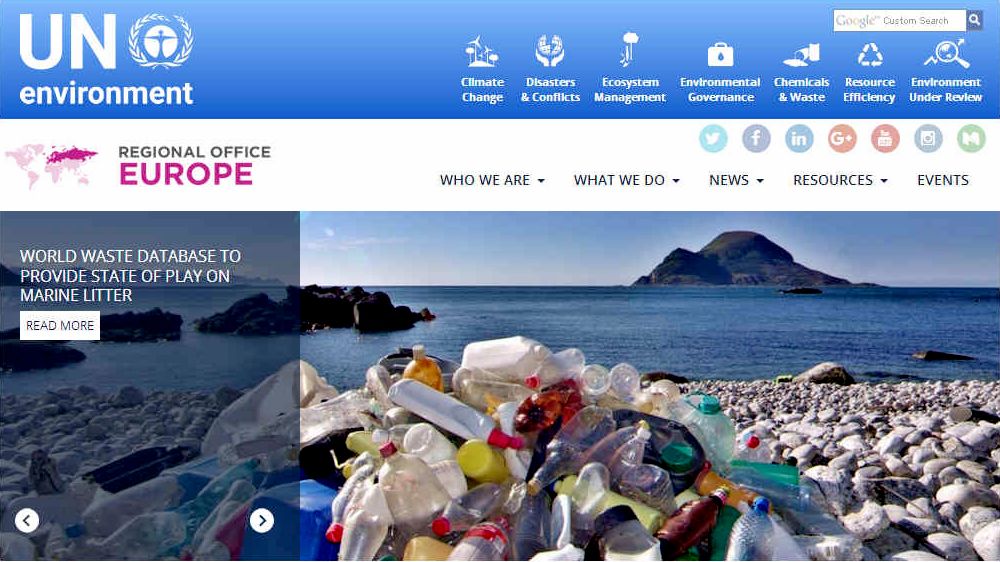
PLASTIC
MOUNTAINS - Almost all
marine life is now contaminated with micro plastic fibres. The
fact that we depend on this food source is a major concern for
human health that we ignored when disposing of waste in our
ocean backyard. Micro plastics carry toxins such a POPs and PCBs that
are potentially carcinogenic.
The
UN Environment unit launched their #CleanSeas in February 2017, with the aim of engaging governments, the general public, civil society and the private sector in the fight against marine plastic litter.
Over the next five years,
they will address the root-cause of marine litter by targeting the production and consumption of non-recoverable and single-use plastic. To do this effectively,
they are calling on citizens to be aware, engaged and active in addressing the problem in their own lives and beyond. We are also giving a platform to hundreds of local organizations who are already doing important work on marine litter to highlight their efforts.
By connecting individuals, civil society groups, industry and governments,
UN Environment aims to transform habits, practices, standards and policies around the globe to dramatically reduce marine litter and the harm it causes.
The campaign contributes to the goals of the Global Partnership on Marine Litter, a voluntary open-ended partnership for international agencies, governments, businesses, academia, local authorities and non-governmental organizations hosted by UN Environment. Do you want to help address the problem of marine litter? Then you should join the partnership, a great platform for coordinating activities and exchanging experiences and best practices. As a member, you will also have access to exclusive members' webinars as well as other activities.
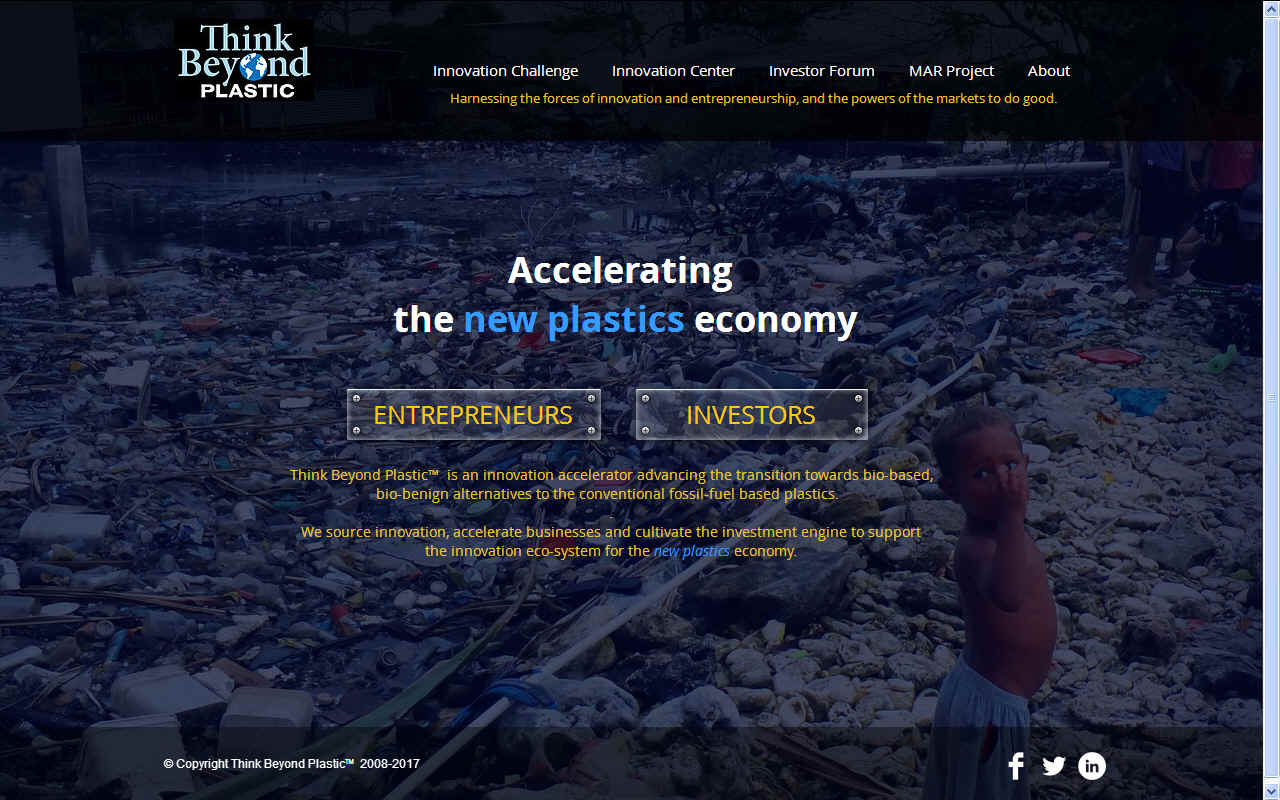
COMPETITION:
Why
not enter the first ever Marine Plastics Innovation Challenge
?
The UN Environment
unit in collaboration with Think Beyond Plastic™ invites university students from all over the globe to take part in the 2017 Marine Plastic Innovation Challenge. The challenge, which is the first of its kind, seeks to highlight solution-oriented engineering, research and communication efforts that can help solve the global marine litter problem. The innovation challenge is organized around the following four tracks:
1.
DESIGN & ENGINEERING TRACK 2017 - Marine Plastics Innovation Challenge
Marine plastic is one of the most pressing environmental problems facing our time, and urgent action is needed to turn the tide and save our oceans.
UN Environment, in partnership with Think Beyond Plastic™, is inviting university students to take part in the 2017 Marine Plastics Innovation Challenge to accelerate the search for solutions to help solve the marine litter problem.
We are searching for the most innovative engineering solution and a business plan to prevent plastic pollution in the marine environment through innovations in material, technology, or product design/re-design. We are open to a range of opportunities, from early stage innovations to near-market solutions that have the potential to be manufactured to scale.
Examples of materials innovation include bio-benign materials from sustainable sources that do not compete with the human food chain, such as agricultural waste, pulp, and others; examples of product design include improved washing machine filters to reduce the influx of microplastics from textiles; packaging design to minimize unnecessary single-use plastic waste or exposure of good and beverage to plastic; and industrial design that, for example, minimizes plastic intensity in products.
2.
COMMUNICATION TRACK 2017
Communicating the economic, environmental, human health, and aesthetic problems posed by marine plastic is a challenge. UN Environment, in partnership with Think Beyond Plastic™, is inviting university students around the world to submit creative communications products that create awareness of the plastic marine litter issue.
We are looking for the most innovative and creative communications product to support the transformative change under the
global campaign of Marine Litter. Entries might be mobile apps, creative communication strategies,
music, short film, media, story-telling, and other that demonstrate capacity to reach and engage large groups of people in addressing the marine plastics issue; that both reach the largest numbers of people as well as engage individuals and sectors to take action on the global marine litter problem. Actions must aim for measurable reduction of the problem.
Communication methods can be diverse and varied, and creativity is encouraged. Some examples may be how to increase
awareness and engage civil
society, the private sector and governments through innovative
campaigns, products, apps, media, art, films, audiovisual materials,
radio spots, song lyrics, and other forms of outreach products. Where possible, two-way communication is sought.
One winner in each category will be announced at the Sixth International Marine Debris Conference in San Diego,
California (March 12-16, 2018). Winners will have the chance to present their ideas at the conference and gain entry into the Think Beyond Plastic annual acceleration program.
3.
PREDICTION & RECOVERY TRACK 2017
Marine plastic is an economic, environmental, human health, and aesthetic problem posing a multi-dimensional challenge to humanity, often compared to climate change in terms of impact, breadth, and complexity.
In order to accelerate the search for solutions, UN Environment, in partnership with Think Beyond Plastic™, is inviting university students around the world to submit innovative modeling and tools to help solve the global marine litter problem.
We are looking for the most innovative prediction and/or risk-based recovery tool or methodology to identify and model marine litter hotspots. These may include areas of high marine litter accumulation, which may vary with storm events; biodiversity hotspots; important fishing grounds and/or fish nurseries; and/or particularly sensitive/fragile areas of the marine ecosystem. May include improving/testing the use of remote sensing technologies.
Modeling and prediction of transport and accumulation of marine litter and how it impacts certain areas may be developed in conjunction with already existing shipping routes, fishing grounds, marine wildlife migration routes, and/or biodiversity hotspots in order to better prioritize recovery efforts and policy and decision making surrounding the marine litter issue and protected areas. Modelling and prediction efforts may be undertaken for a range of geographical coverage including the sub-national, national and regional scales.
4.
ECONOMICS TRACK
The full impact of marine plastic on our economy is unknown. However, we do know that it is substantial, and that marine plastic pollution harms several sectors of the economy, such as
fisheries and tourism.
To accelerate the search for solutions, UN Environment has partnered with Think Beyond Plastic™ and is inviting university students to take part in the 2017
Marine Plastics Innovation Challenge. The challenge aims to engage students around the world to help solve the global marine litter problem.
We are looking for the most innovative, accurate, and complete valuation methods or models for marine litter effects and robust and up-scalable models to value the direct (tangible) and indirect (intangible) economic effects of marine litter. Also of interest are economic valuations of alternative materials, approaches, and investments in end of life or upstream solutions to marine plastics.
Marine litter is an example of market failure and increasing levels of marine litter in the world’s seas and oceans are having a major environmental, economic, and social impact. Little research is focused on the economic costs imposed on society by marine debris. Some of the costs are tangible like the ones faced by
fisheries and tourism, but most of the costs are intangible like those faced by the ecosystems and costs related to human health. The economic track of the innovation challenge will also be open to submissions on innovative ways of financing preventative interventions such as self-sustaining methods through re-use, recycling, etc.
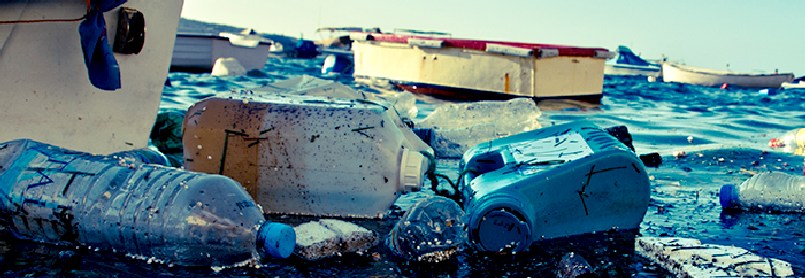
ELIGIBILITY
The 2017 Marine Plastics Innovation Challenge is open to any university students who are 18 or above at the time of submissions. The challenge is not open to employees or contractors of Think Beyond Plastics and the United Nations, its specialized agencies, or its Funds or Programmes, including UN Environment. Additionally, any person directly or indirectly involved with organizing the Challenge, or their direct family members, may not take part in the Challenge.
If you have not logged in before,
click the REGISTER button and follow the instructions. If you have already registered, please log in using your e-mail address and password.
Deadline for submissions is 6 October 2017. The winners will be invited to the
Sixth International Marine Debris Conference in San Diego, USA, on 12 - 16 March 2018.
One winner in each category will be announced at the Sixth International Marine Debris Conference in San Diego,
California (March 12-16, 2018). Winners will have the chance to present their ideas at the conference and gain entry into the Think Beyond Plastic annual acceleration program.
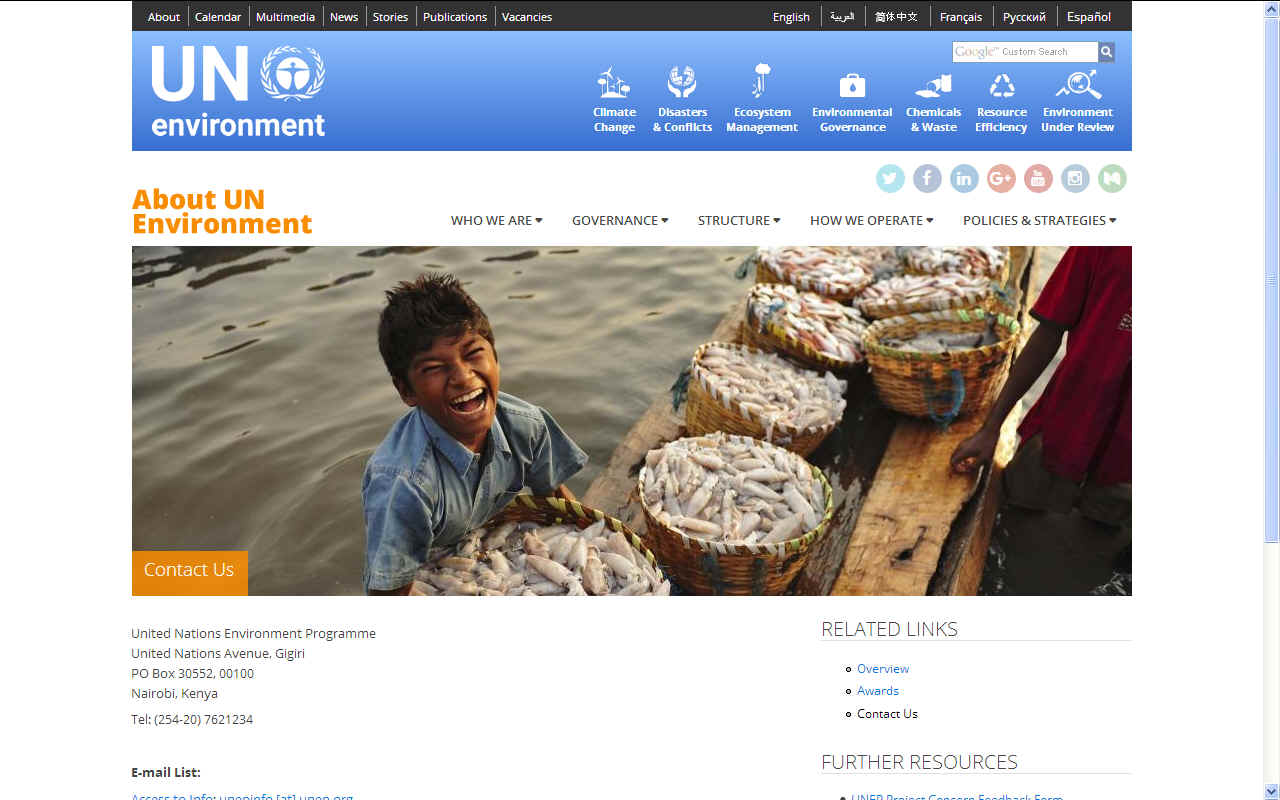
CONTAMINATED
HARVESTS - Almost all
marine life is now contaminated with micro plastic fibres. The
fact that we depend on this food source is a major concern for
human health.
COMPETITION TIMELINE
Round 1 Semi-finals:
Review of all applications and selection of semi-finalists.
Update Applications: 27-Jun-2017 Midnight to 06-Oct-2017 11:59 PM
Judging: 09-Oct-2017 Midnight to 30-Nov-2017 11:59 PM
Round 2 Finals:
Review of all semi-finalist applications and selection of winners.
Update Applications: 06-Dec-2017 Midnight to 06-Feb-2018 11:59 PM
Judging: 08-Feb-2018 Midnight to 28-Feb-2018 11:59 PM
Times are in EDT (-0400)
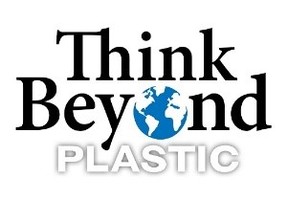

CONTACTS
United Nations Environment Programme
United Nations Avenue, Gigiri
PO Box 30552, 00100
Nairobi, Kenya
For more
information email gpml@unep.org
Tel: (254-20) 7621234
Email:
UNEP Contact
LINKS
& REFERENCE
Facebook
ThinkBeyondPlastic
Twitter@TBPInnovate
Linkedin
company think beyond plastic
https://www.linkedin.com/company/think-beyond-plastic
https://www.facebook.com/ThinkBeyondPlastic
https://twitter.com/@TBPInnovate
https://www.thinkbeyondplastic.com/
http://www.cleanseas.org/about
http://www.unep.org/about/who-we-are/contact-us
http://www.cleanseas.org/marine-challenge
http://www.seas-at-risk.org/
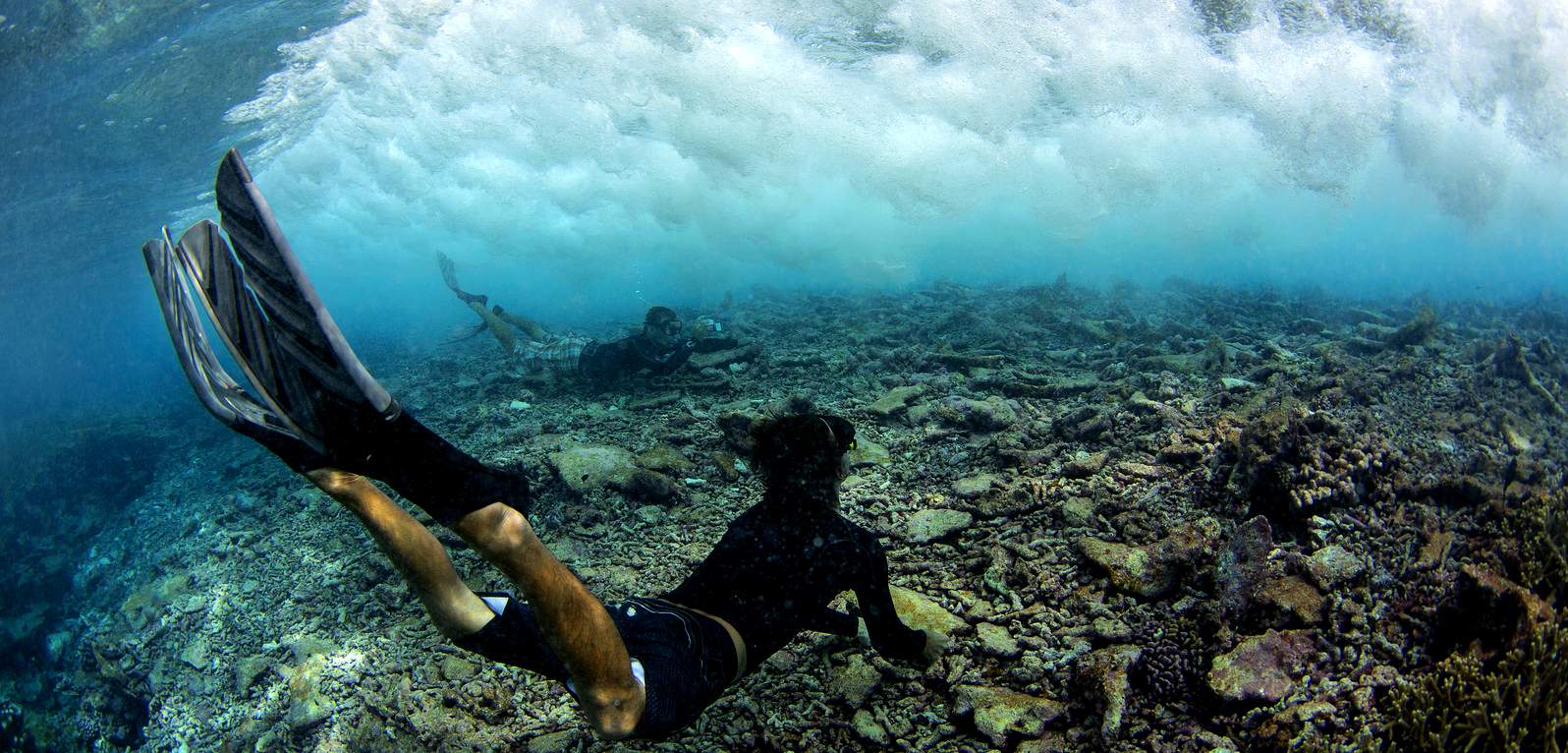
This
website is provided on a free basis as a public information
service. copyright © Cleaner
Oceans Foundation Ltd (COFL) (Company No: 4674774)
September 2017. Solar
Studios, BN271RF, United Kingdom.
COFL
is a charity without share capital.
|






